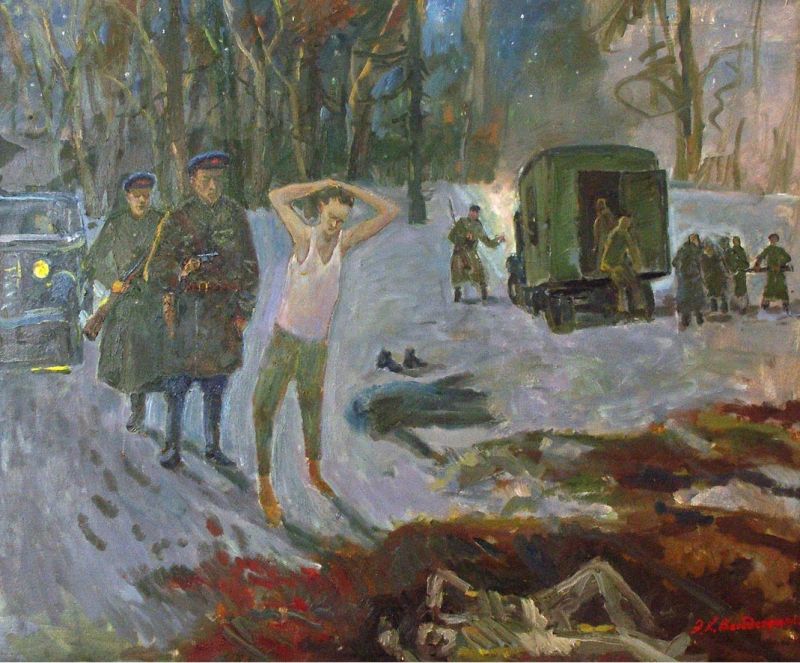A ban on a Russian translation of British historian Anthony Beevor's book "Stalingrad" was announced on the 10 January by a Ukrainian government body entitled The State Committee for State TV and Radio Broadcasting.
The media assumed that the ban applied to Beevor's original book, which can still be purchased freely in Ukraine. The press quite understandably were critical and Beevor himself reacted angrily to the ban stating that he was 'dumbfounded' in an interview with RFERL and describing the ban as 'outrageous' in The Guardian.
The minutes of the meeting where the ban was announced state that it infringed the criteria required for distributing publications in Ukraine in connection with inflaming inter ethnic, racial and religious hostility. The committee's public statements on the ban were inadmissible, with Beevor's usage of Soviet sources, a common practice among Ukrainian historians, being criticised.
However, the Russian text which has been subject to the ban was published in 2015 by the Moscow based Azbuka-Atticus publishing group (ISBN 978-5-389-07862-8) and is significantly different to the original text.
The Ukrainian desk of RFE/RL has produced some images of the banned book, which demonstrate these discrepancies.

The original English text refers to 'two police battalions' having participated in the massacre at Babi Yar but the 'translation' refers to 'two battalions of Ukrainian nationalists.' These images have been checked against a copy of the Russian translation and are accurate. A further discrepancy in the translation concerns a massacre of Jewish children perpetrated by Ukrainian auxiliaries and reads:
На следующий день детей расстреляли украинские националисты, чтобы «поберечь чувства» солдат зондеркоманды.This may be translated back taking account of the original as
The ninety Jewish children were shot the next evening by Ukrainian nationalists, to "save the feelings" of the Sonderkommando.However the original reads
The ninety Jewish children were shot the next evening by Ukrainian militia, to save the feelings of the Sonderkommando.
The wording of the translation could give rise to the suspicion that the text had been manipulated with political intent. The publisher needs to address these variations from the original text and to explain how they might have arisen. Ukraine for its part needs to examine the regulation of the publishing market because the reasons provided for the ban were unacceptable and served only to damage the country's image. However, whether the translation should be circulated in its present form given the differences with the original text is a topic that the author and the publisher may wish to explore.





